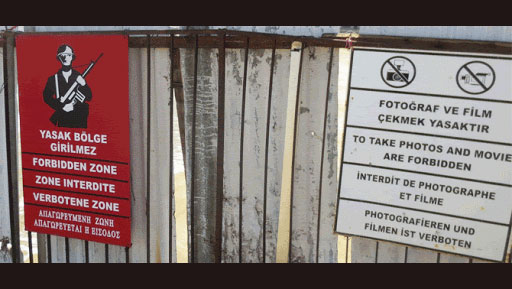You might be asking the question, ‘can I buy farmland in Turkey’ if you plan to invest in land, a garden, or a house.
This only depends on which country citizen you are. So, let’s check if you are eligible to buy a farmland or any other property in Turkey.
Each country in the world has its own foreigner restriction laws regarding owning a property in that country. The reason for this, obviously, historical relations and strategical reasons.
Turkey is no different than those countries.
The reciprocity law in Turkey is the main regulatory article to clarify who can buy property in Turkey and who can’t in law no: 35. It was clearly declared ‘list of the countries allowed to buy land and property in Turkey.
In addition, certain limitations and conditions are also applied to citizens of certain countries about specific types of land and properties in Turkey.
You might like this: Turkey fruit map – Which fruits grow in Turkey?
Can I buy farmland in Turkey?

With the updated law of reciprocity of Turkey, the number of countries whose citizens can purchase property in Turkey has been increased from 53 to 129. Now, 52 more country citizens can buy land in Turkey in addition to previous ones; however, specific permissions might be required.
After January 2020, the below conditions are valid for Non-Turkish citizens to buy a property in Turkey.
General Restrictions For All Countries
Total owned property area by foreigners can’t be more than 10% of the surface area of that town,
Total owned area by an individual can’t be more than 30 hectares in overall Turkey (needs court order/permission or to establish a limited company in Turkey, if it exceeds 30 hectares)
The property to buy can’t be in a military zone (court order)
If buying farmland or agricultural field, the buyer must submit and carry out a project related to the farmland max in 2 years to prevent land banking without adding value to the country.
Besides the mentioned items above, the following country citizens cant buy property in turkey under any circumstances:
Which country citizens cant buy land or property in Turkey?
- Armenia
- Nigeria
- North Korea
- Syria
- Cuba
- Yemen
The following country citizens are allowed to buy a limited number of properties in Turkey
- Israel
- China
- Jordan citizens can buy up to 2 residences and 1 workplace)
- East Timor
- Denmark
- Fiji
The following country citizens have a particular area restriction to buy property in Turkey
- Russian and Ukrainian citizens are not allowed to purchase land or property on the Black Sea coast of Turkey.
- Greek citizens are not allowed to buy land or property on the Black Sea coast and in some of the Aegean towns of Turkey.
The former limitations were removed for the following country citizens
- Saudi Arabia
- Lebanon
- Azerbaijan,
- Kazakhstan,
- Turkmenistan,
- Uzbekistan
- Kirghistan
- The UAE
- Kuwait
Category Restrictions (e.g., restricted to buy farmland) Apply To The Citizens of 31 Countries
- Morocco
- Egypt
- Latvia
- Afghanistan
- Some small African countries
- Albania (can only purchase residences and workplaces but not agricultural or other types of land)
Those country citizens Need Special Permission From Ministry of Interior Before They Purchase Property in Turkey
- Iran
- Palestine
- Iraq (Need permission from the Ministry of Foreign Affairs)
- China
- India
The rest of the countries are allowed to buy land or other types of properties in Tukey without limitations.
Forbidden Zones to purchase a property in Turkey

Foreign individuals or companies are not allowed to buy any land or property in Turkey’s military, strategic, or security zones.
The conditions of preservation purposes which restrict building are determined by the Council of Ministers, e.g., lands that have strategic significance for energy, agriculture, mining, archeological site or historical zones, biological or environmental reasons.
Prior to buying, the Land Registry Office (TAPU) is responsible for checking if the property intended to be purchased by a foreigner is within one of these forbidden zones. You can buy the property if the military authorities confirm that the property is outside the security and military zones.
